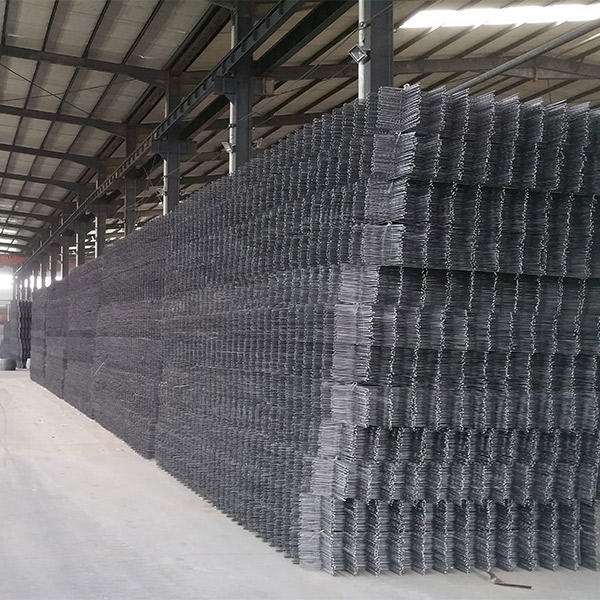Aug . 15, 2024 07:23 Back to list
Top Cold Rolled Rebar Manufacturers and Their Innovative Production Techniques in the Construction Industry
The Role of Cold-Rolled Rebar Manufacturers in the Construction Industry
Cold-rolled rebar, a vital component in modern construction, has gained significant popularity due to its superior strength, enhanced durability, and improved workability compared to traditional hot-rolled bars. As the construction sector continues to evolve, driven by the demand for more sustainable and resilient building materials, cold-rolled rebar manufacturers are stepping up to meet these needs with innovative production processes and advanced engineering solutions.
Understanding Cold-Rolled Rebar
Cold-rolled rebar is manufactured using a process that involves rolling the steel at room temperature. This method refines the microstructure of the steel, leading to improved mechanical properties. The resulting product exhibits a higher yield strength, better tensile strength, and reduced ductility, which makes it ideal for various structural applications. Additionally, the cold-rolling process minimizes the risk of oxidation and scaling, contributing to the material's long-term performance and longevity.
Advantages of Cold-Rolled Rebar
The advantages of cold-rolled rebar over conventional hot-rolled alternatives cannot be overstated. First and foremost, the increased yield and tensile strength allow for the design of thinner and lighter structures without compromising safety. This is particularly beneficial in seismic zones where minimizing weight can reduce the overall risk of damage during an earthquake.
Moreover, cold-rolled rebar's enhanced bonding characteristics with concrete lead to improved structural integrity. The rough texture and precise dimensional tolerances reduce the likelihood of slippage, ensuring that the concrete and rebar work together more effectively. This synergy is particularly vital in applications such as bridges, high-rise buildings, and foundations where structural stability is paramount.
The Landscape of Cold-Rolled Rebar Manufacturers
cold rolled rebar manufacturers

The market for cold-rolled rebar is diverse, with numerous manufacturers worldwide specializing in this essential construction material. Leading producers invest heavily in cutting-edge technology and research to enhance their manufacturing processes. Automation and digital monitoring systems are increasingly being adopted to ensure consistency in product quality while optimizing production efficiency.
These manufacturers cater to a wide range of industries, including residential, commercial, and infrastructure projects. They provide various sizes, grades, and coatings of cold-rolled rebar, allowing construction engineers and architects to select the best product for their specific needs. Custom specifications can also be accommodated, ensuring that clients receive tailored solutions for unique project requirements.
Sustainability in Rebar Production
Another critical aspect of modern cold-rolled rebar manufacturers is their commitment to sustainability. The construction industry is under increasing pressure to minimize its environmental impact, and manufacturers are responding by adopting eco-friendly practices. Many are utilizing recycled steel in their production processes, significantly reducing the carbon footprint associated with new steel manufacturing.
Additionally, the durability of cold-rolled rebar contributes to the overall sustainability of construction projects. Structures built with this material tend to have longer lifespans, requiring less frequent repairs or replacements over time. This durability not only conserves resources but also results in lower lifecycle costs for building owners.
Conclusion
In conclusion, cold-rolled rebar manufacturers play a crucial role in the construction industry by providing high-performance materials that meet modern engineering demands. Their commitment to innovation, quality, and sustainability ensures that construction projects can successfully navigate the challenges of today's building environment. As the industry continues to advance, these manufacturers will remain at the forefront, delivering solutions that enhance structural integrity and long-term resilience. Whether for urban developments or rural constructions, the impact of cold-rolled rebar cannot be overstated, solidifying its place as a cornerstone of contemporary engineering practices.
-
Welded Wire Mesh for Industry Factory - Anping County Puersen Hardware Wire Mesh Products Co., Ltd.
NewsAug.29,2025
-
Welded Wire Mesh for Industry Factory | Durable & Cost-Effective Solutions
NewsAug.29,2025
-
Durable Welded Wire Mesh for Industry Factory | Custom Solutions
NewsAug.27,2025
-
Durable Welded Wire Mesh for Industry Factory - High Quality
NewsAug.26,2025
-
Leading Galvanized Steel Fence Factory | Durable & Secure Fencing
NewsAug.24,2025
-
Welded Wire Mesh for Industry Factory - Durable & Custom Solutions
NewsAug.23,2025

